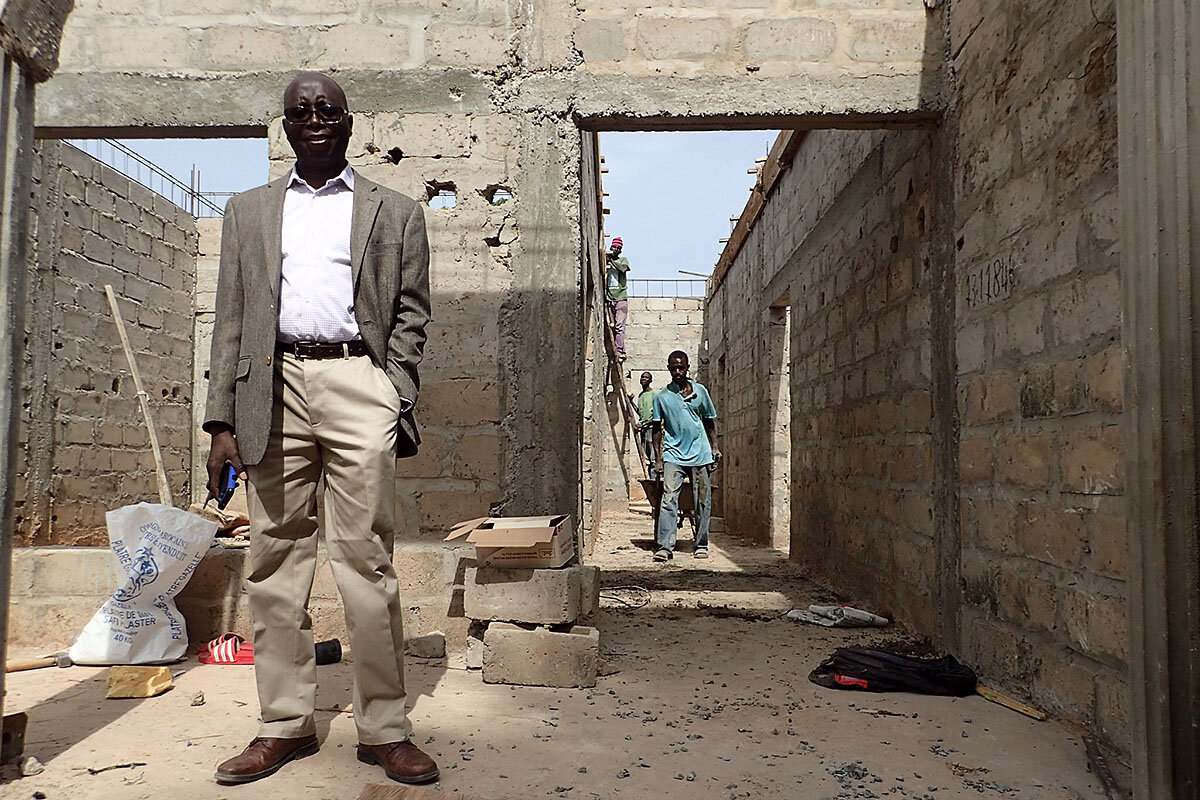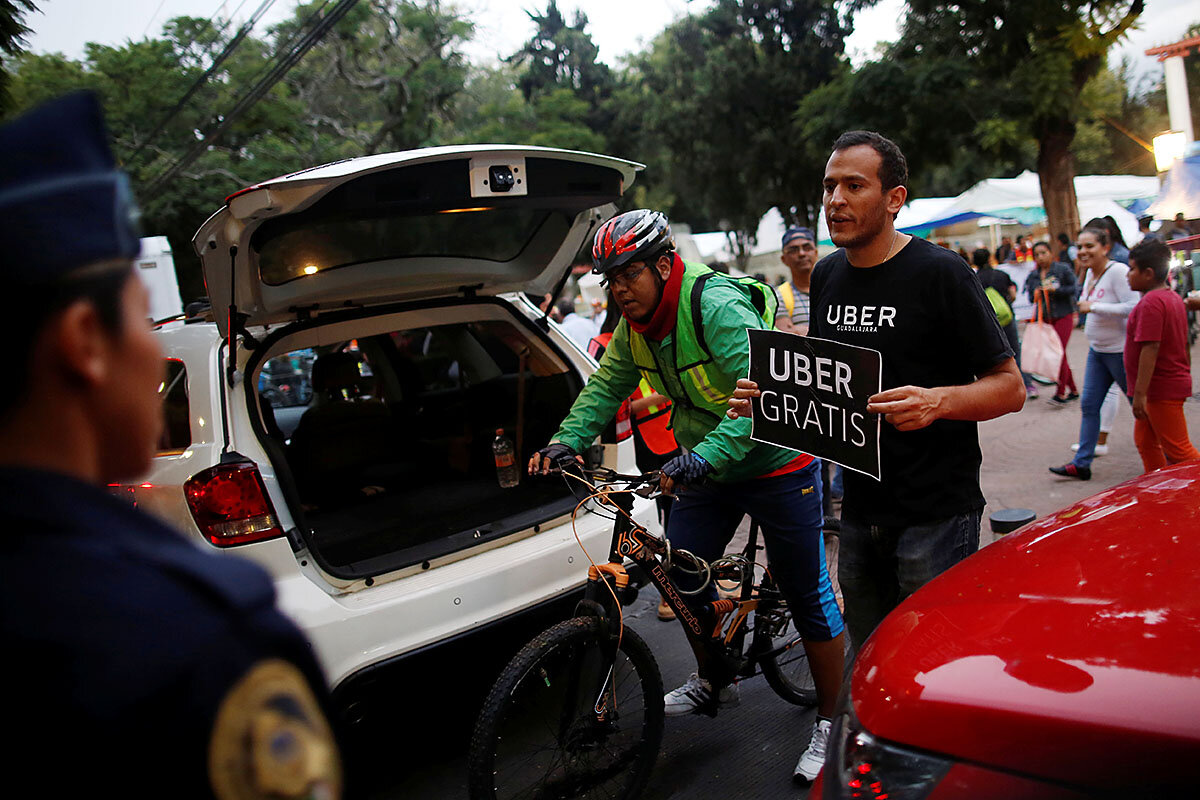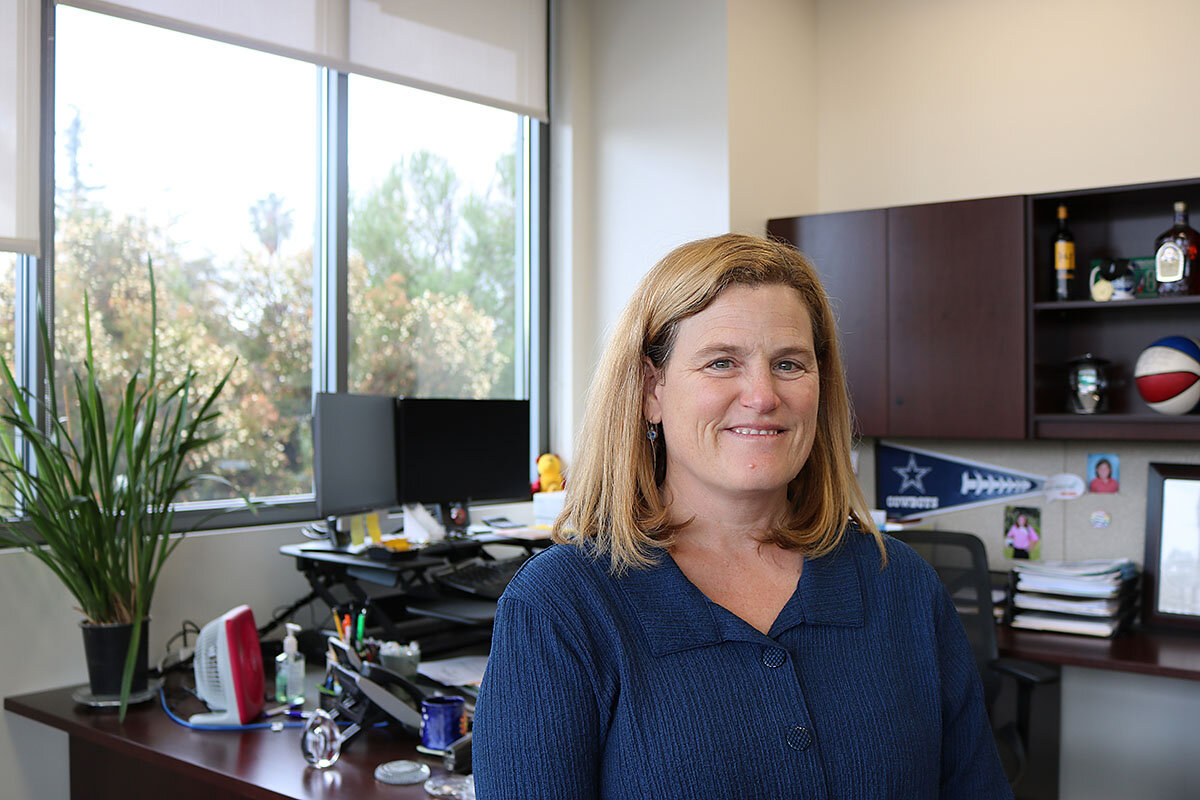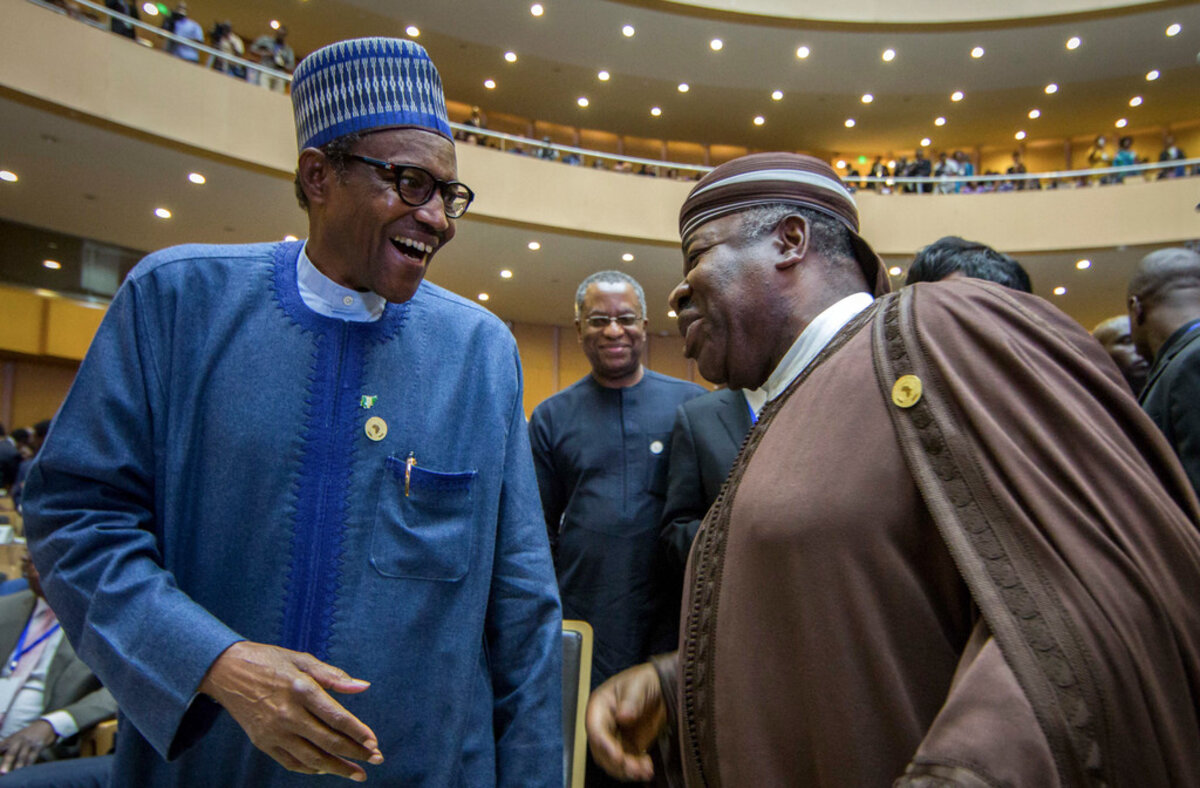At every turn, President Trump has challenged expectations for "presidential" behavior. But in Tuesday's State of the Union, he faces an event for which the demand for unity would appear to demand a more traditional script.
Monitor Daily Podcast
- Follow us:
- Apple Podcasts
- Spotify
- RSS Feed
- Download
 Mark Sappenfield
Mark Sappenfield
The attacks that have killed 131 people in Kabul, Afghanistan, during the past nine days are part of a tragic calculus: the continued death and destruction there is seen as less costly to pride and security than the alternative.
Neither the US-backed government nor the insurgents can win militarily. To overcome the terrorists who operate out of Pakistan, the United States would need a long-term force 10 times as big as the one that is there now. Yet the numbers are little better for the Taliban, notes analyst Seth Jones in Foreign Affairs: Only 4 percent of Afghans support them.
Many think the recent attacks are in response to President Trump’s attempts to bring Pakistan to heel. So Afghan security ebbs and flows, as it did under Presidents George W. Bush and Barack Obama, with no apparent end in sight.
“Imagine the lives that could have been saved these last 10 years. So we seek dialogue, a solution without shedding blood, through political understanding.” That was something the leader of the FARC rebels in Colombia said in 2012. More war, he realized, would just “involve more death and destruction, more grief and tears, more poverty and misery for some and greater wealth for others.”
That insurgency is now over. In Colombia, the change in calculus did come at a cost: a change of heart. There is little to suggest Afghan peace will come at a discount.
Now, among our five stories today, we look at the ripples of a political revolution beyond Africa, how the "sharing economy" looks different in the developing world, and the lengths to which community colleges will go to help their students succeed.











